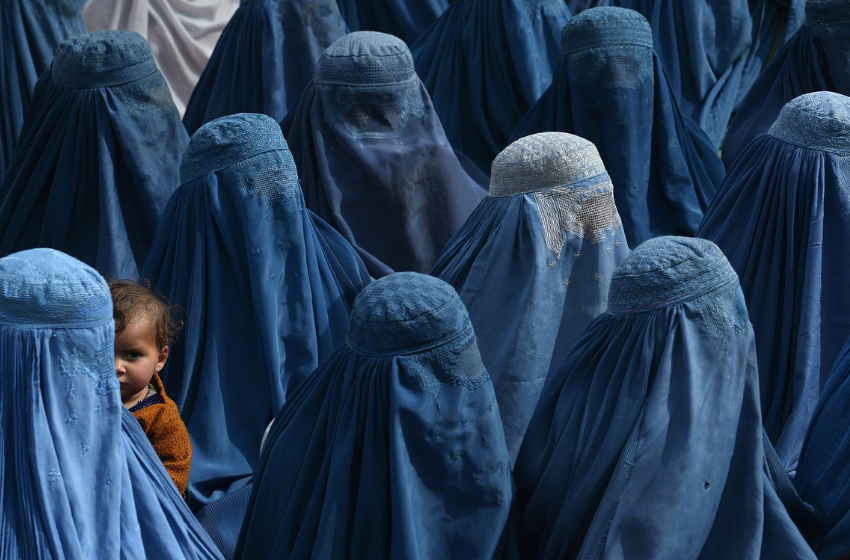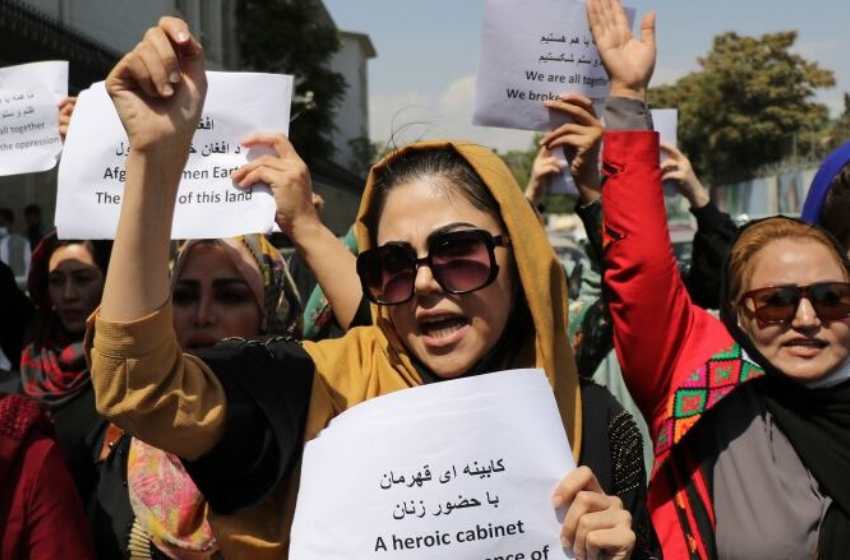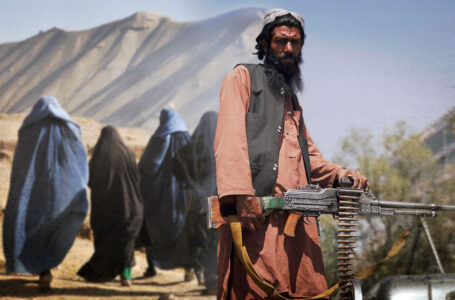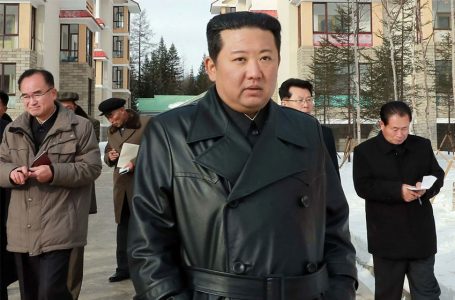A Blind Eye to Injustice: The World’s Apathetic Response to the Taliban’s Misogynistic Oppression of Afghan Women

As we scroll through our newsfeeds, pausing momentarily to absorb headlines about global climate
change, political upheavals, and the latest technological marvels, there exists a shadow that hovers
menacingly over Afghanistan—a shadow cast by the resurgent Taliban and their draconian views on women. It’s a bitter pill to swallow: in a world that prides itself on advances in gender equality and human rights, we have collectively failed to rally against the medieval misogyny exercised by the Taliban.
The Taliban’s treatment of women, akin to second-class citizens or even property, isn’t just a manifestation of cultural difference; it’s a human rights catastrophe that should have never been allowed to flourish. Yet, the international community seems to be watching in disturbingly resigned silence, perhaps expressing diplomatic disapproval or imposing economic sanctions that barely graze the surface of the issue. This begs the question: why has no major country or international body succeeded in mounting an effective campaign against such blatant gender apartheid?
One might argue that the precarious politics of international intervention is fraught with complexities. We’ve witnessed the ramifications of Western intervention in Middle Eastern and South Asian affairs—the collateral damage, the long-term socio-political instability, and the often counterproductive outcomes. But does this absolve the world’s most powerful nations from the moral obligation to act?
Afghan women are not just battling a repressive regime; they are contending with a world that has seemingly prioritised geopolitical strategy, economic interests, and diplomatic relations over their fundamental human rights. It’s hard to shake off the notion that if a resource as coveted as oil were at stake, instead of the rights and lives of Afghan women, international intervention might be more swift and decisive.

One must also consider the unfortunate reality that Afghanistan’s culture and governance may seem remote and alien to many Westerners. The lack of relatability should not, however, serve as an excuse for apathy. The pain and suffering of Afghan women—be it the girls denied education or the women subjected to public lashings for perceived ‘immoral’ behaviour—transcend cultural and geographic boundaries.
It’s time we ask ourselves some uncomfortable questions. How have we, as a global community, become so desensitised to the suffering of others that it takes an act of monumental brutality to shock us into action? And even when we do act, is it too little, too late? Diplomatic hand-wringing and economic sanctions are mere band-aids on a wound that requires surgical intervention. The magnitude of the crisis demands a multi-faceted, collaborative, and urgent response that extends beyond mere rhetoric and half-measures.
The future of Afghan women should not be relegated to political bargaining chips or strategic
afterthoughts in diplomatic discussions. What’s at stake here is the dignity, autonomy, and fundamental human rights of half the population of an entire nation. The collective silence and inaction of the world’s major powers are not just a failure of diplomacy; they are a moral failing that reflects poorly on our shared human values.
In conclusion, the flagrant misogyny and gender apartheid in Afghanistan is not just an ‘Afghan problem’; it’s a global crisis that demands a unified and robust response. As long as we allow such abhorrent practices to continue unabated, we’re all complicit in perpetuating a cycle of violence and repression that has devastating implications for the future of global human rights. It’s high time the world moved beyond mere statements of condemnation to take concrete actions that can effect real change. Lives are hanging in the balance, and history will not look kindly upon our collective





